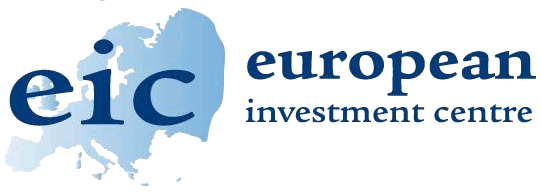Who are the researchers who created the Orange Envelope?
The Orange Envelope platform is created by a number of students and PhD graduates, as well as experienced researchers in the field of pension policy, financial mathematics and economics, who work at Slovak universities and in various analytical functions. The idea for the Orange Envelope was first conceived back in 2016 at the Good Pension Conference. Following this, we published the results of our research in two scientific monographs (Active management of savings – Aktívna správa úspor a Pensions policy – Dôchodková politika). At the same time, we conducted a number of behavioral experiments focused on the area of financial decision making. The entire platform is built on the robust Orange Envelope microsimulation model, which the research team has been developing since 2015.
What is the Orange Envelope stochastic microsimulation model?
The Orange Envelope® microsimulation model is a unique modelling program on which all calculations are made. The model is based on the principles of an open dynamic stochastic microsimulation model with a dynamically aging population. This means that it follows modelled individuals (based on statistical data) with similar statuses (characteristics) over time and exposes them to ageing, labour market risks, the random evolution of the economy and the set rules of a given policy (e.g. pension policy). The open model means that the input database is continuously updated with new available statistical data. Stochastic means that it takes the past as given (deterministic – unchanging). The future is modelled by a randomised evolution with some elements of dependence between the parameters (for example, the relationship between bond yields and inflation or inflation and unemployment). Microsimulation means that in the model is possible to observe the modelled individual (economic agent) and not only the average values, respectively aggregate variables. In its structure, the model consists of four key modules, namely:
- status parameters module (i.e. a set of features such as age, education, gender, etc.),
- demographic module (fertility, mortality, migration),
- a macroeconomic module (equities, bonds, inflation and unemployment); and
- policy module (rules and settings of social systems).



